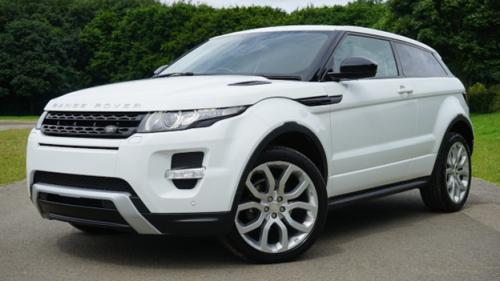
Buying a Car for the First Time Here are some Important Considerations
Posted in: Driving Tips, Fleet Driver News, News.
If you are buying a car for the first time then there are a few important considerations that you need to take note of. While the appeal of a brand-new car can be tempting, you may need to stay away from it if you can. New cars tend to depreciate quite rapidly in the first couple of years. A used car might have undergone a lot of depreciation by the time you pay for it, which can make it possible for you to stretch your budget further.
Source: Pexels
Choose the Right Body Type
One of the first things you need to do is choose the right body type. When choosing the right car, it’s important to consider everything from your lifestyle to your driving habits. Different body types, including sedans and hatchbacks, will all offer you different amounts of space and fuel efficiency. They will also offer you different handling characteristics. If you commute in urban areas with very limited parking then it may be that a compact car or even a hatchback is the better option. If you find that you need to carry a lot of gear with you because you are signed up with a lot of local sports teams, then it may be that you need a bigger car for this. Consider the important aspects of your life and then make decisions from there.
Fuel Efficiency and Fuel Capacity
Another thing to consider would be your fuel efficiency and fuel tank capacity. Beginner cars tend to have smaller fuel tanks when compared to larger vehicles. A smaller tank may mean that you need to fill up less, but at the same time, you may need to fill up more often. Fuel efficiency is so important too. A car that has better fuel efficiency will take you further on each tank, which is great for beginners who may be on a tight budget with their car. Taking into account the cost of fueling is also so important. Smaller tanks usually mean cheaper fill-ups, but at the same time, cars with larger tanks may offer you way more range per tank.
Maintenance
Consider the maintenance of your car too. Owning a car is about more than just paying the purchase price and for your insurance. You also have to budget for the ongoing cost of maintenance as well as other regular expenses, such as fuel and oil changes. Tire replacements are also important, and things like this can add up over time. Before you even think about making a decision, you need to make sure that you calculate everything so you can make sure that it aligns with your budget. If you can do this then you are bound to conclude as to which one is the right one for you, and you can also make sure that you are not overspending on a car that is going to cost you even more money down the line. Things like this can make a major difference to your budget.
Tags: Buying a Car for the First Time Here are some Important Considerations